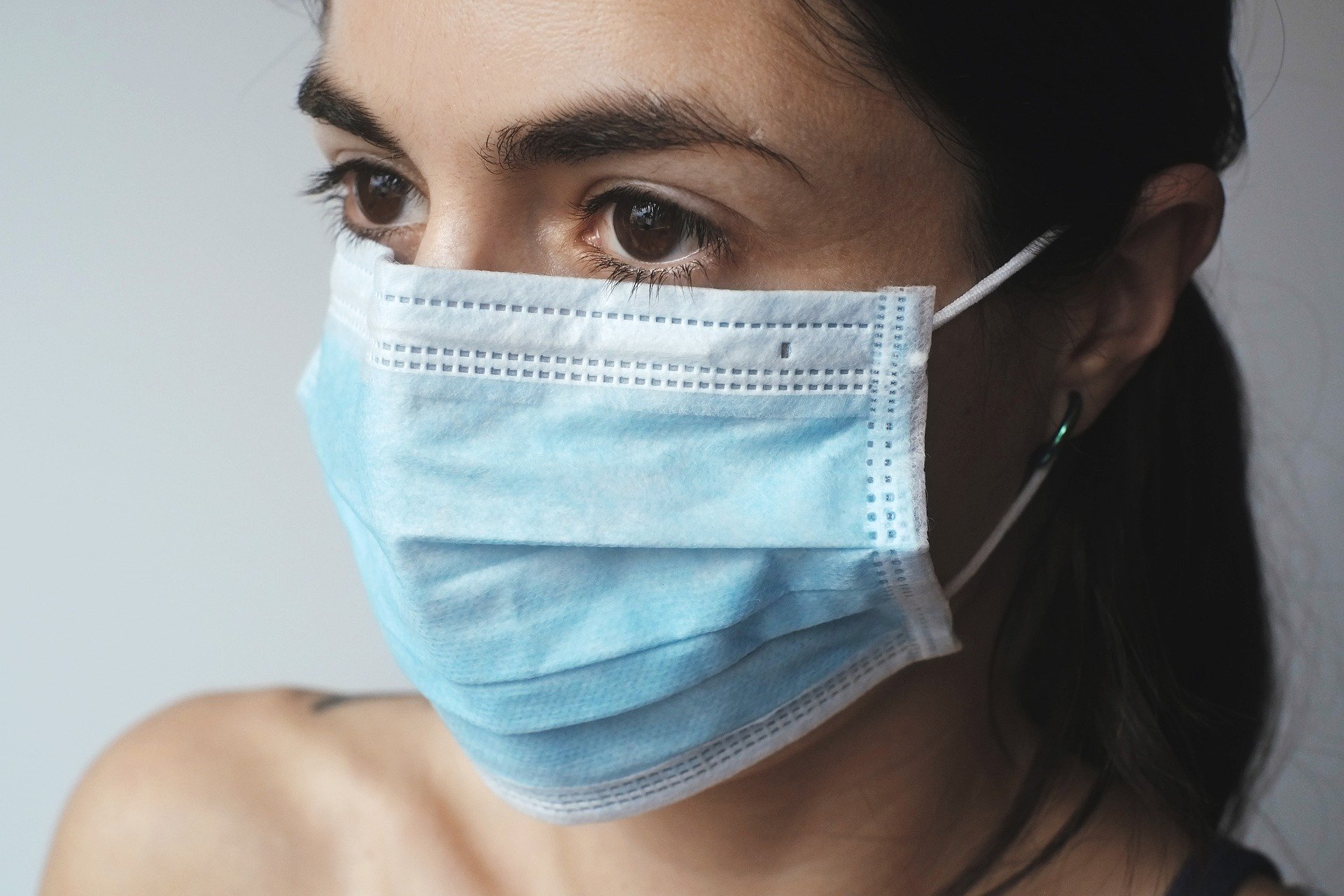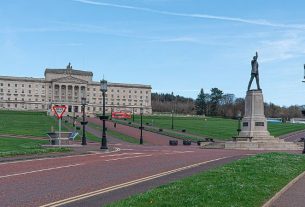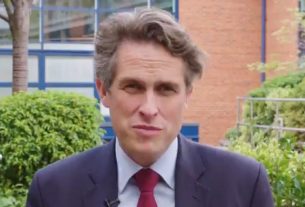If you were active on social media, you would have come across a video where dozens of citizens in Florida, USA were gathered in a court to explain themselves for their failure to use face masks in public places.
One citizen argued that she does not wear masks just like she hates wearing her underwear, “because things need to breathe.” One argued that wearing a mask was a crime against humanity and was killing people—which was, of course, a false claim. Others, however, tried to link their non-use of masks to some religious acts.
To date, the number of coronavirus cases has climbed to 10.3 million, with more than half of the figure already recovered, while 506,000 have died.
The United States remains the hotspot of the virus, with 2.64 million positive cases at present, of which 811,000 recovered, while 128,000 died.
In the United Kingdom alone, a total of 312,000 have been recorded, the bulk of which was located in England.
Six months into this pandemic, we would have realized by now how governments globally scrambled towards looking for models to combat the virus outbreak that was not just affecting people’s respiratory and mental health but was also denting global economies, shattering business operations, leaving people to unemployment, and pushing them deeper to poverty.
And to mitigate the rapid transmission, governments have imposed their measures including a lockdown, the mandatory wearing of face masks and protective screens in public places, maintaining a two-metre social distance from one another assuming that person you are in front of is positive for the virus, the mandatory swab testing or temperature-checking for all employees, and ordering businesses to allow a work-from-home scheme for those who are able.
Lockdown on global economies was not new. It has been ordered by world leaders globally during the early second quarter, yet it only did so little with stopping the transmission, but it was, however, success in slowing it down.
While awaiting progress and praying that this be over, it is just normal for us citizens to turn our eyes to our elected officials to seek updates and to be able to assess our long-unanswered question, “how much longer shall we wait?”—and the answer is, nobody knows, for sure.
But in times of crises, there is only one thing that is worth noting: that everyone has a role to play to ensure that the transmission of the virus stops. We do not exist now only to ask and wait, but it is our role to put our trust and confidence in the government’s handling of the situation, which means all the requirements should be complied to. It gives assurance that the government will take care of the people who follow its rules.
In short, we can only attain progress if there is social capital, but it is admittedly a bit of a challenge for a country that is bitterly divided along partisan lines.
Our role play is much needed now that the UK decided to ease confinement measures after a three-month lockdown as the British economy, along with its global counterparts, continues to severely suffer.
The resumption of schools was just one of Prime Minister Boris Johnson’s plans to economic recovery, along with the reopening of pubs, restaurants, cinemas, theatres for non-live performances, hotels, holiday homes, museums, funfairs, campsites, hairdressers, and outdoor playgrounds.
The new changes were offset by the required regular sanitation and the use of masks and protective screens especially on public transport and other cramped areas.
The coronavirus outbreak is primarily a public health emergency and not a security problem. If we have seen a significant rise in cases during the hard lockdown, what more in this situation that the British people, who long-craved for a breather from all the stress that the pandemic has caused.
The last thing we could do is be in unison with respect for each other through the basic use of protective equipment. It’s as good as saying that we respect the front-liners, the persons in the grocery stores working for a living, the beggars on the streets, as much as we respect our lives and our family’s.
Unlike other war, however, this pandemic is not a war that can be fought with arms and through the use of brutal force. It has to be fought with national unity, science, discipline, and cooperation.
Unless we are united as a people, we will not defeat this unseen enemy.
Remember when Vietnam during the first quarter of the year already that fast flattened the curve? It was due to its government’s proactiveness, transparency, and the unity and the trust that the Vietnamese citizens put in their public officials.
The coronavirus is an existential threat not just to the United Kingdom but to all of us. If we fail to unite, many more lives will fall and there might be no country left to fight this over. National unity gives us a fighting chance.




